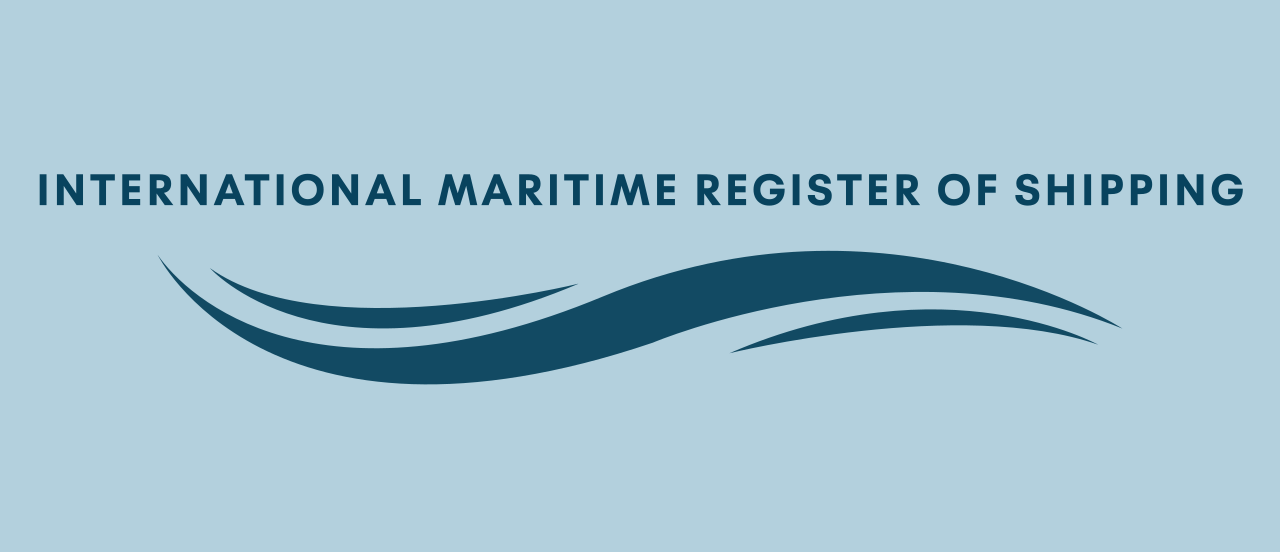The Hong Kong International Convention for the Safe and Environmentally Sound Recycling of Ships
Statutory
The Hong Kong International Convention for the Safe and Environmentally Sound Recycling of Ships, often referred to simply as the Hong Kong Convention (HKC), is a treaty adopted by the International Maritime Organization (IMO) aimed at regulating the safe and environmentally sound recycling of ships. The convention addresses concerns related to the hazardous materials and waste generated during ship recycling activities, as well as the working and environmental conditions at ship recycling facilities.
Key aspects of the Hong Kong Convention include:
-
Scope and Application: The convention applies to all types of ships, including merchant vessels, offshore structures, and military vessels, regardless of size, tonnage, or age. It sets out requirements for ship recycling regardless of whether the ship is being recycled at a facility located within or outside the territory of a party to the convention.
-
Environmental Standards: The Hong Kong Convention establishes environmental standards and requirements for ship recycling facilities to ensure the safe handling and disposal of hazardous materials and substances found in ships, such as asbestos, PCBs, and heavy metals. Facilities are required to comply with specific environmental management practices and pollution prevention measures to minimize the impact on human health and the environment.
-
Safety Standards: The convention includes provisions for ensuring the safety and welfare of workers employed in ship recycling activities. It sets out requirements for occupational health and safety, including the provision of adequate training, personal protective equipment, and emergency response procedures to prevent accidents and injuries.
-
Ship Recycling Plan: Shipowners are required to develop and maintain a Ship Recycling Plan (SRP) for each vessel, outlining the procedures and measures to be implemented during the recycling process to ensure compliance with the convention’s requirements. The SRP includes information on the ship’s inventory of hazardous materials, dismantling procedures, waste management, and environmental safeguards.
-
Authorization and Inspection: Ship recycling facilities must obtain authorization from the competent authority of a party to the convention before commencing recycling operations. Regulatory authorities conduct inspections and audits of recycling facilities to verify compliance with the convention’s requirements and standards. Non-compliance may result in penalties, fines, or other enforcement actions.
-
Entry into Force and Implementation: The Hong Kong Convention will enter into force once it has been ratified by a sufficient number of IMO member states representing a certain percentage of world merchant shipping by gross tonnage. Once in force, parties to the convention are required to implement its provisions in their national legislation and regulations
Under the Hong Kong International Convention for the Safe and Environmentally Sound Recycling of Ships (HKC), several certificates are issued to ensure compliance with the convention’s requirements. These certificates serve as evidence that ships and ship recycling facilities meet the prescribed standards for safe and environmentally sound recycling practices. Here are the main certificates issued under the HKC:
-
International Certificate On Inventory Of Hazardous Material: This certificate is issued to ships and verifies that they have onboard an IHM documenting the presence and location of hazardous materials, such as asbestos, PCBs, and heavy metals. The IHM is required for all ships over 500 GT and is a prerequisite for recycling.
-
Ship Recycling Plan (SRP) Certificate: Shipowners are required to develop an SRP for each vessel, outlining the procedures and measures to be implemented during the recycling process to ensure compliance with the convention’s requirements. The SRP Certificate confirms that the plan meets the HKC’s standards.
-
Statement of Compliance (SOC) – Ship Recycling Facility: Ship recycling facilities must obtain authorization from the competent authority of a party to the convention before commencing recycling operations. The SOC certifies that the facility meets the requirements of the HKC for safe and environmentally sound ship recycling.
-
Ready for Recycling Certificate: This certificate is issued to ships once they have been prepared for recycling in accordance with the HKC and their SRP. It confirms that the vessel is ready to be recycled in an environmentally sound manner at an authorized ship recycling facility.
-
Inventory of hazardous material (IHM)
These certificates play a crucial role in ensuring transparency and accountability in ship recycling activities, promoting compliance with the HKC’s standards, and safeguarding human health and the environment. Shipowners, recycling facilities, and regulatory authorities rely on these certificates to verify that ships and facilities meet the necessary requirements for safe and environmentally sound recycling practices.
It’s important to note that while the HKC has been adopted by the IMO, it has not yet entered into force as it requires ratification by a sufficient number of IMO member states representing a certain percentage of world merchant shipping by gross tonnage. Therefore, the issuance of certificates under the HKC will become mandatory only after the convention enters into force.
last update is that the convention will finally enter into force on 26 June 2025 after ratification by Bangladesh and Liberia

